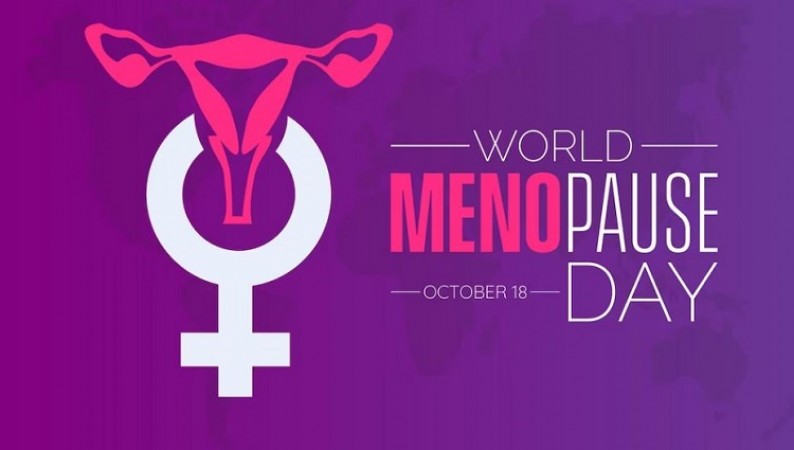
World Menopause Day is observed every year on the 18th of October, shedding light on a natural phase of life that women experience typically between the ages of 45 and 55. Menopause marks the end of a woman's reproductive years, accompanied by various hormonal and physiological changes. It's a transformative phase that, when approached with the right lifestyle choices, can be a time of empowerment and rejuvenation. In this article, we'll explore the significance of World Menopause Day 2023 and provide insights on foods to avoid during menopause.
World Menopause Day 2023
World Menopause Day 2023 is a special occasion to emphasize the importance of understanding and embracing menopause. The day is dedicated to raising awareness, promoting education, and providing support for women transitioning through this stage. It serves as a reminder that menopause is not a medical condition but a natural life event, and with the right knowledge and self-care, women can navigate it gracefully.
The theme for World Menopause Day 2023 is "Empowering Women through Menopause." This theme encourages women to take control of their health, well-being, and happiness during this significant life transition.
Foods to Avoid During Menopause
Diet plays a crucial role in managing the symptoms and health risks associated with menopause. While there is no one-size-fits-all approach, there are certain foods that are generally better to limit or avoid during this phase:
Sugary Treats: High sugar intake can lead to weight gain and blood sugar spikes, exacerbating mood swings and hot flashes. It's best to limit sugary snacks, desserts, and beverages.
Processed Foods: Processed foods are often high in salt, unhealthy fats, and additives. These can contribute to weight gain, water retention, and may affect heart health. Opt for fresh, whole foods instead.
Caffeine: Caffeine can interfere with sleep, increase anxiety, and trigger hot flashes. Reducing your caffeine intake, especially in the evening, can promote better sleep and mood stability.
Alcohol: Excessive alcohol consumption can disrupt sleep patterns, contribute to weight gain, and increase the risk of osteoporosis. If you enjoy alcohol, do so in moderation.
Spicy Foods: Spicy foods can trigger hot flashes and exacerbate night sweats in some women. If you notice a correlation between spicy foods and these symptoms, consider reducing your consumption.
High-Sodium Foods: High-sodium foods can lead to water retention and exacerbate bloating and blood pressure issues. Be mindful of salt intake and opt for lower-sodium alternatives.
Fried and Fatty Foods: High-fat foods, especially those that are fried or greasy, can contribute to weight gain and heart health concerns. Choose healthier fats like those found in avocados and nuts.
Dairy Products: Some women may become lactose intolerant during menopause, leading to digestive issues. Consider lactose-free or dairy alternatives if this is the case.
Soy Products: While soy can be beneficial for some menopausal symptoms, it may not be suitable for everyone. Soy contains plant estrogens, which can affect hormone balance. Monitor your body's response to soy consumption.
World Menopause Day 2023 is a reminder that menopause is a natural and transformative phase in a woman's life. By empowering women with knowledge and support, we can help them navigate this transition with grace and confidence. Understanding which foods to avoid during menopause is just one piece of the puzzle. Each woman's experience is unique, and it's essential to consult with healthcare professionals for personalized guidance. Embracing this phase of life can lead to better health, increased vitality, and a positive outlook for the future.